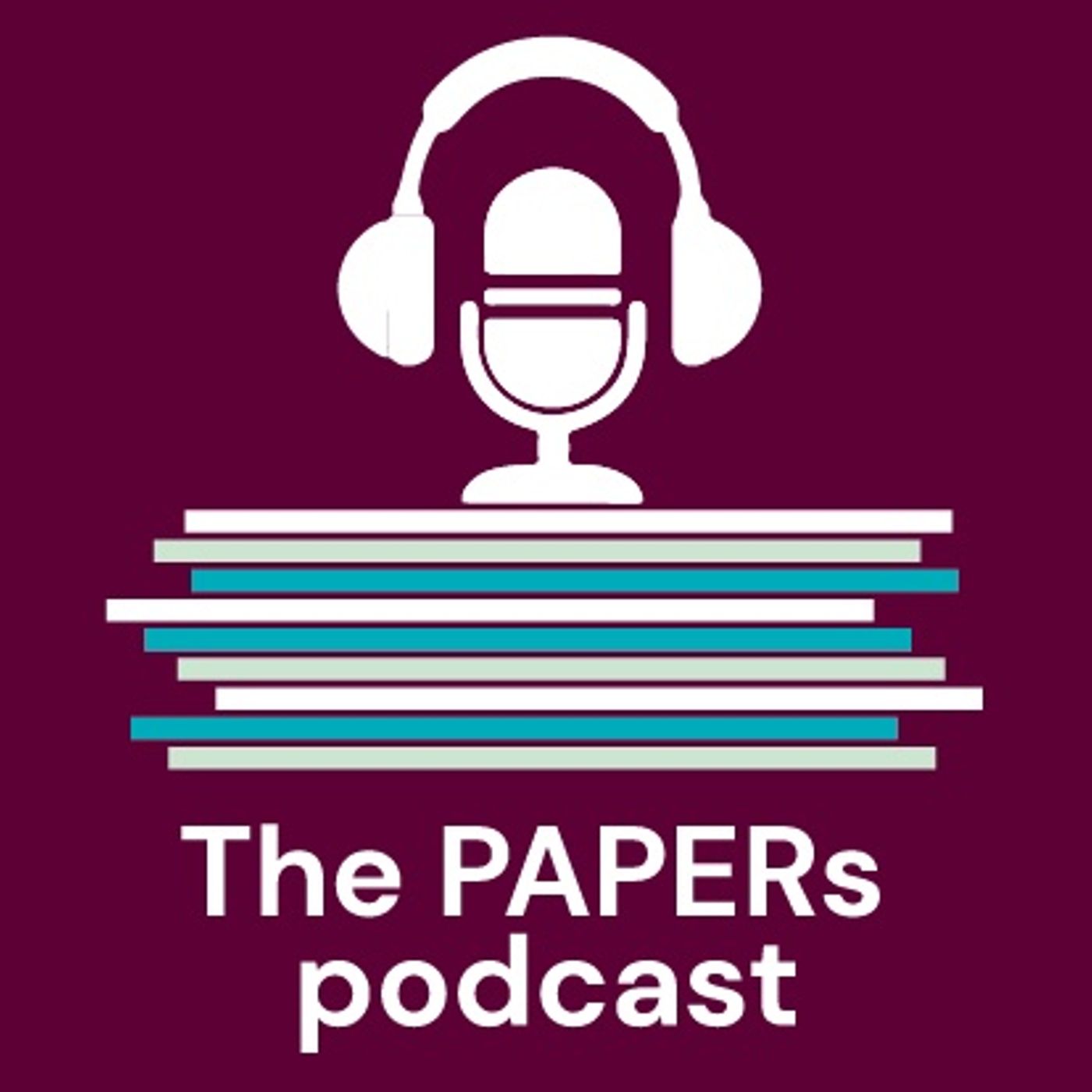Ex machina: The disruption of HPE with AI
Description
Chatbots use natural language processing (NLP) to converse and answer questions posed by a human user. Large language models (think billions of language parameters/nodes connected via networks to produce non-linear correlations between nodes) have accelerated the usability of chatbots. Original composition, answering complex questions etc. are some of the features
In this episode we examine the feasibility of a hugely popular chatbot to answer a national medical licensing exam and discuss the implications of this disruptive innovation.
Episode Host: Jonathan Sherbino
Episode article
Gilson, A., Safranek, C. W., Huang, T., Socrates, V., Chi, L., Taylor, R. A., & Chartash, D. (2023). How Does ChatGPT Perform on the United States Medical Licensing Examination? The Implications of Large Language Models for Medical Education and Knowledge Assessment. JMIR Medical Education, 9(1), e45312. https://doi.org/10.2196/45312
For show notes and more info, please look at the Episode page
Hosts: Lara Varpio, Jason Frank, Jonathan Sherbino, Linda Snell
Technical Producer: Samuel Lundberg
Executive Producer: Teresa Sörö
Production of Unit for teaching and learning at Karolinska Institutet
More Episodes
#58 - Can the impact on education be measured on patient outcomes?
In this episode the hosts take the hotly debate with a recent study published in Jama to their help. Tune in for a discussion that challenges both your workload memory and examines the real-world implications of education in...
Published 06/25/24
Published 06/25/24
In this episode, we talk about curriculum renewal from a different angle:
What happens to the educator’s identity when major reform is undertaken? What happens to that identity when content expertise is only part of what is now required?
Episode host: Lara Varpio
You find the episode notes on...
Published 06/18/24


